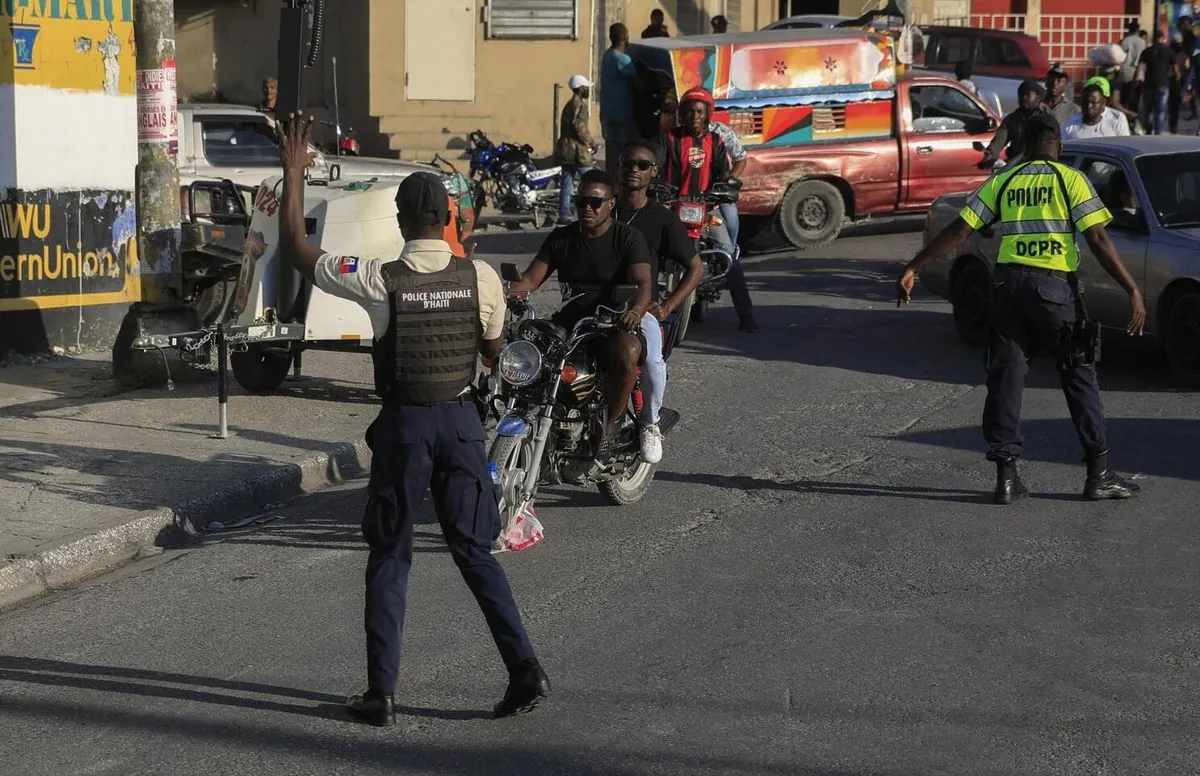The arrival of Kenyan law-enforcement in Haiti during early-24 brought high expectations but didnt deliver hoped-for results. The capitalʼs situation got worse when gang-related incidents forced the main air-hub to close twice‚ including a mid-Nov attack that hurt an air-worker
The political landscape shows no signs of stability: after the sudden departure of one prime-minister another took charge – but the nations troubles keep growing. Alix Didier Fils-Aimé faces a tough task: gangs control most of Port-au-Prince while basic services dont work
Medical help became harder to get when Doctors Without Borders stopped its work (first time in 30+ years) due to threats against its workers; the police didnt comment on these claims. The Kenyan-led force – with less than 400 officers instead of planned 2‚500 – struggles to make real change
The food situation looks grim; aid groups cant reach people who need help:
- Nearly 6000 people face extreme hunger
- About 700‚000 lost their homes
- More than half of 11 million people dont have enough food
- Around 20‚000 left their homes in early-Nov
We are deeply concerned about the isolation of Port-au-Prince from the rest of Haiti and the world
Gang leader Jimmy Chérizier (known as Barbecue) promised more attacks until the transitional council steps down. The council – supposed to organize first elections in almost 10 years – faces criticism for in-fighting and bad decisions
International support remains limited: while the U.S backs a U.N peace-keeping mission Russia and China oppose it. Robert Fatton‚ Haiti expert says the only option might be talks with gangs: “if the situation gets worse what else is there to do“
